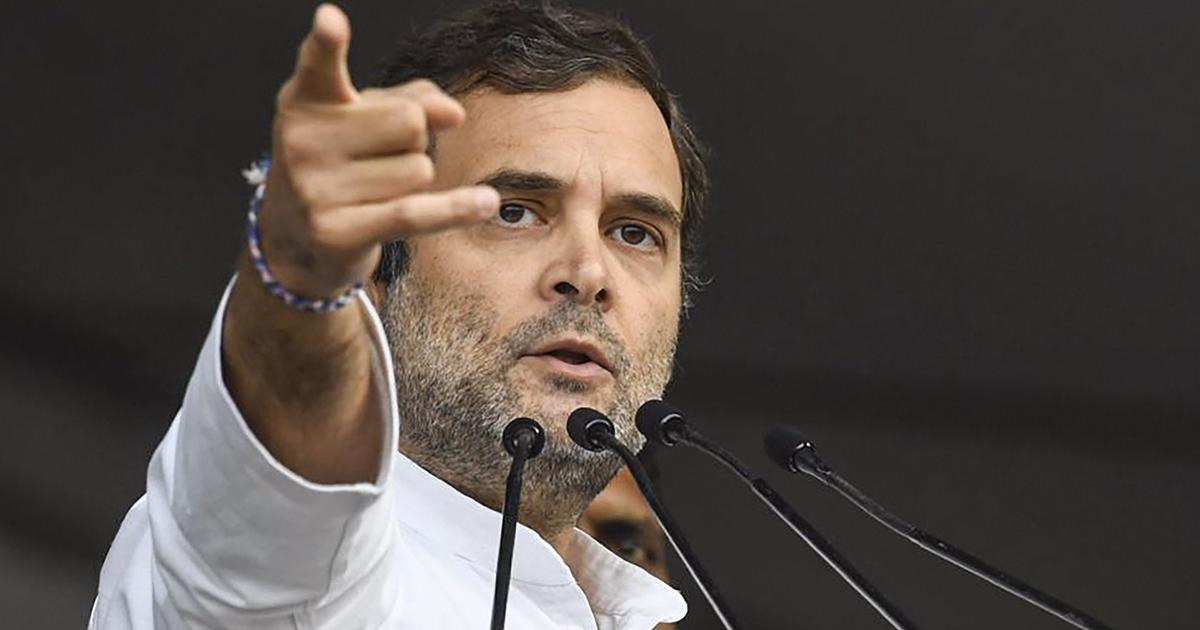To give him credit, the once and future president of the All-India Congress Committee has himself acknowledged that his steep ascent in politics comes from being the great-grandson of Jawaharlal Nehru, not to mention being the son and grandson of two other Prime Ministers, Rajiv Gandhi and his mother and predecessor in the job, Indira Gandhi. The foreign policy of India, much of the edifice of which remains to this day, was conceptualised by Nehru. The politician chosen by Mahatma Gandhi to lead free India placed a high premium on India being a good world citizen. Indeed, an exemplary world citizen. In this tradition, a very generous water sharing agreement was reached with Pakistan, the very limited waters of which remain substantially unutilised by India because of obstruction from a few quarters. When India was informally offered the honour of becoming a Permanent Member of the UN Security Council, Nehru turned down that move with contempt. He would not countenance “depriving China of its legitimate seat”. Even while PLA soldiers were wreaking havoc across the frontier in 1962, the Permanent Representative of India in the UN was told not to budge from the stand that Beijing should replace Taipei in the UNSC Permanent Five seat. Such was the consideration with which PM Nehru regarded the interests even of states such as China and Pakistan that were less than friendly to India, demonstrably so. Regrettably, all the concessions given to China and Pakistan, including by Shastri at Tashkent in 1965 and Indira Gandhi at Shimla six years later, failed to dilute the inimical behaviour of the two “Iron Allies” towards India. That did not prevent Nehru and several of his successors from trying yet again to offer concessions in the expectation that the reward would be a more friendly attitude, not just in words but in practice. Even the first BJP PM, Atal Behari Vajpayee, went the extra mile several times (once by bus) to secure peace with Pakistan. In 2003, PM Vajpayee accepted in totality the complete control of Beijing over Lhasa, without considering the lack of any earlier response to the many other concessions made by his predecessors in the same hope of nudging the Chinese Communist Party towards a settlement of the border issue acceptable to the country that had already lost much territory to China, which was India. Meeting after meeting of the Special Representatives of the two sides have taken place, with little to show for such exertions.
It was Nehru who prioritized the world in order to create an overall friendly ambience for India. This failed to occur, as shown in his time of crisis during October-November 1962 when what he believed was impossible happened, which was an invasion across the entire Sino-Indian border of PLA forces. In contrast, the vaccine diplomacy of PM Narendra Modi expertly carried out by External Affairs Minister S. Jaishankar has burnished the profile of India substantially throughout the world, except perhaps in the case of China and its military partners. Rahul Gandhi calling for measures to boost production of vaccines would be welcome, but condemning PM Modi for sending vaccines to some of the poorest countries in the world seems out of sync with someone who claims to be upholding the legacy of Nehru. Both Gandhi and Nehru would have been supportive of the manner in which the poorest of the poor across the world have been given access to vaccines because of India. Of course, joining the Covax scheme
Rahul needs to remember Nehru
इस शब्द का अर्थ जानिये
- Advertisement -

